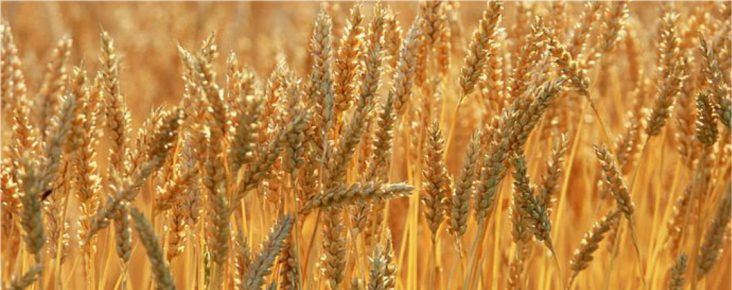Arkansas farmers brace for what’s left of Harvey
by August 31, 2017 1:24 pm 535 views

The remnants of Hurricane Harvey shifted north and east Thursday and Arkansas farmers readied themselves for potential impacts. The National Weather Service predicted up to 10 inches of rain could fall in some parts of the state in the coming days, especially in the Delta Region.
Farmers are in the middle of the harvest season statewide, and many worked long hours in the days leading up to the storm’s trek into the state, according to the University of Arkansas’ Division of Agriculture.
“We’ve been working day and night,” Lafayette County farmer Tim Spruell said. “I had one of my neighbors help me. I lacked about 100 acres and he came yesterday with one of his machines. I had two and we got it knocked out. It’s a good feeling to wake up this morning and know everything is in the bin. We harvested a lot of high-moisture corn and have fans blowing to try and dry it down. We didn’t have a choice. We had to go.”
Spruell still has some soybeans in the field that were not quite ready for harvest. If the storm doesn’t linger and there are not a lot of high winds, he expects his soybean crop to be fine.
Harvey’s potential rainfall could provide a wet bookend growing season for Northeast Arkansas farmers. Many farmers had to start over because of flooding in April and May. Heavy rains could cause germination in grains, boll rot and boll lock in cotton and “lodging,” when the crops fall over. Rice crops could be especially susceptible to lodging, rice agronomist Jarrod Hardke said.
“Once this begins in even a small area of a field, the domino effect then comes into play where more and more rice lodges over time,” Hardke said. “Lodged rice generally increases the time needed to harvest and results in lost grain yield and milling yield. Even when lodging or heavy rainfall don’t occur, sustained periods of rainy weather when rice is ready for harvest can result in reduced milling yields and possibly kernels sprouting in the field.”
Major row crops aren’t the only concern. Horticulture crops such as strawberries could be impacted, Jackson County extention agent Matthew Davis said. Tourism related to agriculture such as corn mazes and pumpkin patches that attract tourists in the fall could also take a hit, he said.
“Pumpkins are ripening up in the fields and flooding could kill vines and hurt those coming off,”Amanda McWhirt, extension horticulture crops specialist for the Division of Agriculture said. “Strawberry growers are in the process of laying beds to plant in September and wet fields will delay them a bit.”
Northeast Arkansas isn’t the only section of the state that has concerns. Further rainfall in southeastern Arkansas will depreciate the soybean quality, soybean and wheat verification coordinator Chad Norton said.
“We’re already running anywhere from 4-12% damage from earlier rains in harvested early planted soybeans and producers are taking a pretty good lick at elevators now,” he said.
Link here for more information about emergency preparedness and flood relief.
